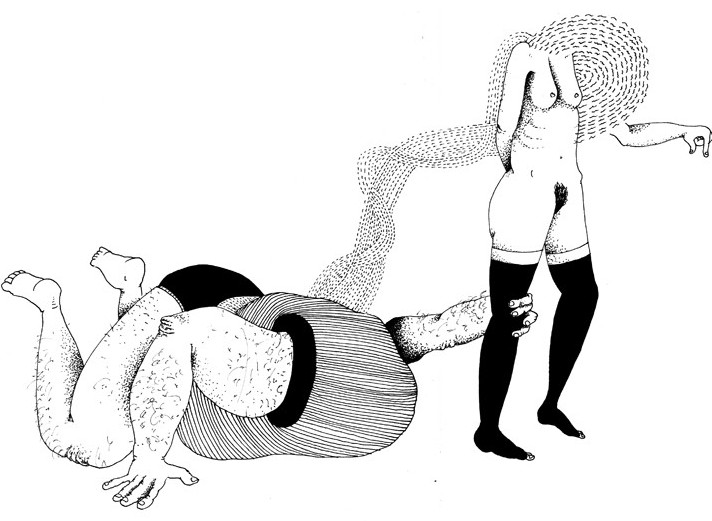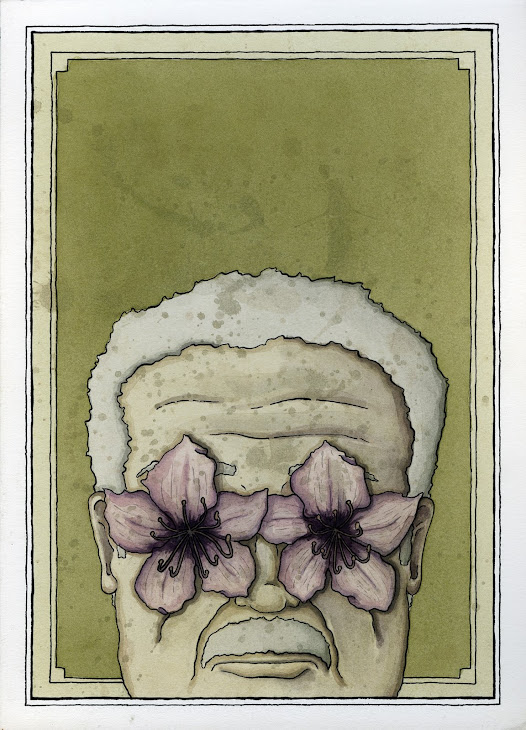After about 20 minutes of training, people feel like they're playing a video game but are actually mouse-clicking in the name of medical science. The free program is at http://fold.it/.
'We're hopefully going to change the way science is done, and who it's done by,' said Popovic, who presented the project today at the Games for Health meeting in Baltimore. 'Our ultimate goal is to have ordinary people play the game and eventually be candidates for winning the Nobel Prize.'
Proteins, of which there are more than 100,000 different kinds in the human body, form every cell, make up the immune system and set the speed of chemical reactions. We know many proteins' genetic sequence, but don't know how they fold up into complex shapes whose nooks and crannies play crucial biological roles.
Computer simulators calculate all possible protein shapes, but this is a mathematical problem so huge that all the computers in the world would take centuries to solve it. In 2005, Baker developed a project named Rosetta@home that taps into volunteers' computer time all around the world. But even 200,000 volunteers aren't enough.
'Long-term, I'm hoping that we can get a significant fraction of the world's population engaged in solving critical problems in world health, and doing it collaboratively and successfully through the game,' David Baker, a UW professor of biochemistry and Howard Hughes Medical Institute investigator, said. 'We're trying to use the brain power of people all around the world to advance biomedical research.'
Foldit includes elements of multiplayer games in which people can team up, chat with other players and create online profiles. Over time the researchers will analyze people's moves to see how the top players solve puzzles. This information will be fed back into the game's design so the game's tools and format can evolve."
(A sample of protein folding variations)
.jpg)
.jpg)
.jpg)


.jpg)
No comments:
Post a Comment